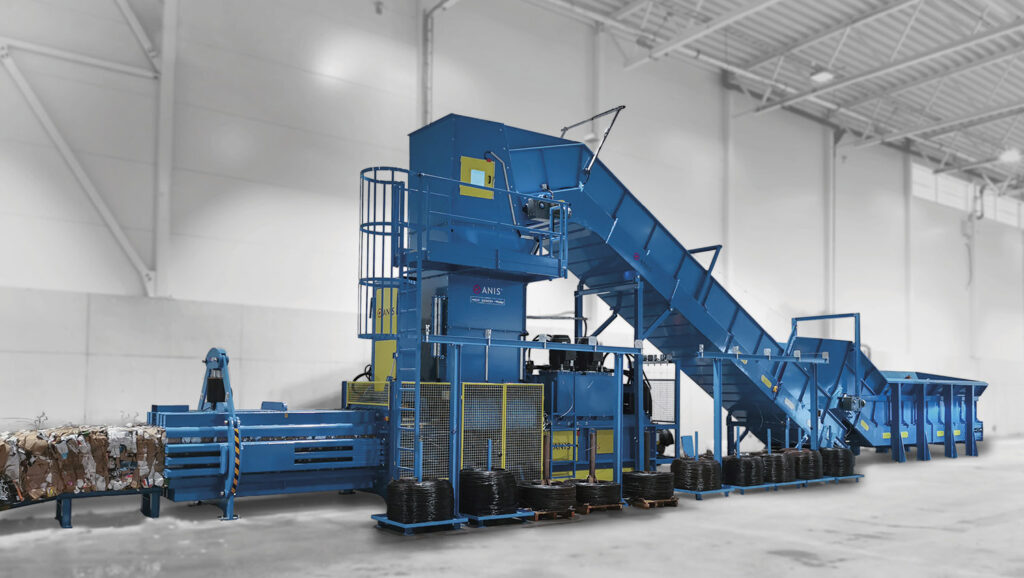Effective waste management is essential in industrial settings for environmental sustainability and cost control. An industrial recycling baler is crucial for compacting large volumes of recyclable materials into manageable bales. Selecting the right baler involves several important considerations to ensure it meets your needs and operational constraints. This guide provides valuable insights to help you make an informed decision.
Volume of Material
The volume of material that needs to be processed is a critical factor in choosing the suitable baler. You should start by assessing the amount of recyclable material generated daily or weekly in your operation. This will help determine the appropriate baler capacity to handle your waste efficiently. Selecting a recycling baler with the right capacity is crucial to avoid issues such as underperformance or the need for frequent maintenance. A too-small baler may struggle with peak loads, while one too-large may be an unnecessary expense.
Collection Point
The collection point where the recyclable materials are gathered and fed into the baler plays a significant role in the selection process. Consider how materials will be collected and transported to the baler. It is essential to ensure that the baler’s feeding mechanism, whether manual or automatic, aligns with your existing collection and handling processes. Additionally, evaluate whether additional equipment, such as conveyors or shredders, is needed to feed materials into the baler efficiently. Proper alignment between the collection point and the baler’s feeding system ensures smooth operation and minimizes potential disruptions.
Power Requirements
Power requirements are another crucial consideration when choosing an industrial recycling baler. Determine whether the baler will operate on electricity, hydraulic power, or both. Ensure that your facility can accommodate the baler’s power needs and that a reliable energy source is available. Additionally, consider the baler’s energy efficiency. Selecting a baler with energy-saving features can help reduce operational costs and align with your sustainability goals. Efficient power usage supports cost savings and contributes to a more environmentally friendly operation.
Space and Installation
The physical space available in your facility for the baler and the installation requirements must be carefully evaluated. Measure the available space to ensure the baler fits comfortably without obstructing other operations. Considering the space needed for safe operation and maintenance is also essential. Adequate clearance around the baler is necessary for easy access during installation, operation, and routine maintenance. Proper space planning ensures that the baler integrates seamlessly into your facility and operates efficiently.
Maintenance and Support
Reliable maintenance and support are essential for the long-term performance of your baler. Choose a baler with easy maintenance procedures and readily available parts to minimize downtime. Regular maintenance is crucial to ensuring the longevity and optimal performance of the equipment. Additionally, verify if the manufacturer or supplier provides robust support services, including training for your staff, technical assistance, and emergency repairs. Access to reliable support services ensures that any issues can be addressed promptly, maintaining the efficiency of your recycling operations.
Take Away
Choosing the right industrial recycling baler involves evaluating several vital factors, including material volume, collection point logistics, power requirements, space constraints, and maintenance needs. By carefully considering these aspects, you can select a baler that enhances your waste management processes, improves operational efficiency, and supports your sustainability efforts. Investing in the right baler will streamline your recycling operations, reduce costs, and contribute to a more sustainable industrial environment.
